Looking for an easy coconut sugar substitute for your baking or cooking? Explore 19 top substitutes, along with helpful tips. You might already have some in your pantry!
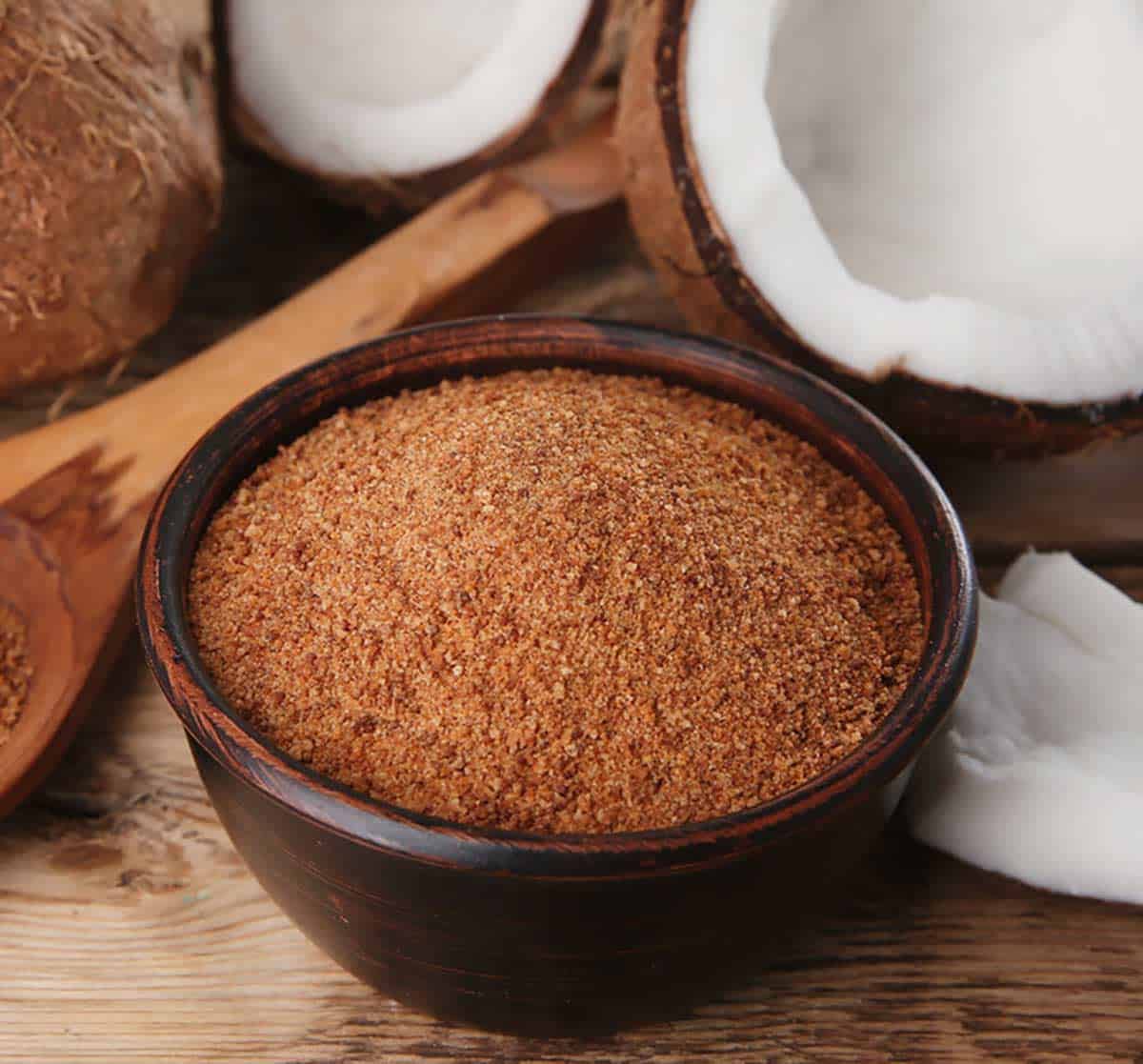
What is Coconut Sugar?
Coconut sugar, also known as coconut palm sugar, coco sap sugar, or coconut crystals, is a natural sugar made from the sap of coconut palm tree flowers. It is less processed compared to white sugar. It is important not to confuse it with palm sugar, which comes from a different type of palm tree.
To make coconut sugar, the sap is collected from coconut flowers and then dehydrated to remove the liquid. The resulting dehydrated form is broken into granules, which we buy as coconut sugar. It's a simple two-step process that gives us this tasty sugar alternative.
What's the buzz about coconut sugar? Well, it has a lower glycemic index than regular sugar, although the calorie content is similar, so it's not a low-calorie option.
The good news is that coconut sugar contains fiber called inulin, which slows down the digestion of sugar. With its lower glycemic index and trace mineral content, it can be a healthier choice.
Regular sugar has a glycemic index of 60, while coconut sugar is around 54 (or even claimed to be 35 by Nutiva brand).
To make things more confusing, coconut sugar is also available in liquid form known as coconut sap or coconut nectar!
What Does Coconut Sugar Taste Like?
Coconut sugar isn't as sugary sweet as white sugar, and it has a gentle caramel flavor that isn't overpowering like molasses. It also offers a mild toasted taste similar to brown sugar.
How to Use Coconut Sugar in Baking
Coconut sugar is a great substitute for regular sugar in baking. You can use it in the same amount as white sugar or brown sugar in most recipes. It's commonly used in Southeast Asian cooking for both sweet and savory dishes.
One of the reasons coconut sugar is popular in vegan baking is because it's plant-based and doesn't undergo processing with bone char. It's a natural choice for those following a vegan lifestyle.
Coconut sugar is particularly good in recipes that call for brown sugar because it has a similar caramel flavor.
Some recipes that call for coconut sugar:
| Coconut Sugar Substitute | Ratio |
| 1. Brown Sugar | ⅔ cup for each 1 cup of coconut sugar |
| 2. Sucanat | 1:1 |
| 3. Raw Honey | ¼ cup for each 1 cup of coconut sugar |
| 4. Maple Syrup | ¼ cup for each 1 cup of coconut sugar |
| 5. Agave Syrup | ¼ cup for each 1 cup of coconut sugar |
| 6. Maple Sugar | 1:1 |
| 7. Date Sugar | ½ cup for each cup of coconut sugar or brown sugar, and ⅔ cup for each cup of granulated sugar |
| 8. Date Syrup | ⅔ cup for each 1 cup of coconut sugar |
| 9. Turbinado Sugar and Demerara Sugar | 1:1 |
| 10. Jaggery and Panela | ¾ cup of dark jaggery for 1 cup of coconut sugar. 1 cup of light jaggery for 1 cup of coconut sugar. 1 cup of panela for 1 cup of coconut sugar. |
| 11. Palm Sugar | 1:1 |
| 12. Stevia | ½ cup of for each 1 cup of coconut sugar, taste and adjust to your liking |
| 13. Xylitol | 1:1 (adjust to taste) |
| 14. Monk Fruit | 1:1 |
| 15. Tagatose | 1:1 |
| 16. Erythritol | 1 ⅓ cups of erythritol (in a 4:3 ratio) for each 1 cup of coconut sugar |
| 17. Allulose | Use more allulose or combine it with another sugar or sweetener. |
| 18. Medjool Dates | 1 cup of pureed dates for every 1 cup of coconut sugar |
| 19. Swerve | 1 cup for each 1 cup of coconut sugar |
19 Best Coconut Sugar Substitutes
Do you enjoy baking with coconut sugar or have a recipe that calls for it? Don't worry if it's not in your pantry. Here are excellent substitutes for you to choose from!
Best Overall Substitute For Coconut Sugar
When it comes to matching the color, consistency, and flavor of coconut sugar, there is one exceptional substitute that stands out.
1.BROWN SUGAR
For a substitute that closely resembles coconut sugar, opt for brown sugar. It's readily available and you might already have some at home. Choose light brown sugar to maintain the desired flavor, as dark brown sugar can alter it.
In a pinch, granulated sugar can also be used as a replacement for coconut sugar. Light brown sugar, dark brown sugar, and granulated sugar can be used in equal amounts as coconut sugar. When measuring brown sugar, there's no need to pack it tightly.
Since other sugars tend to be sweeter than coconut sugar, consider reducing the sugar amount. Use ⅔ cup of light brown sugar (or sugar or dark brown sugar) for each 1 cup of coconut sugar stated in a recipe.
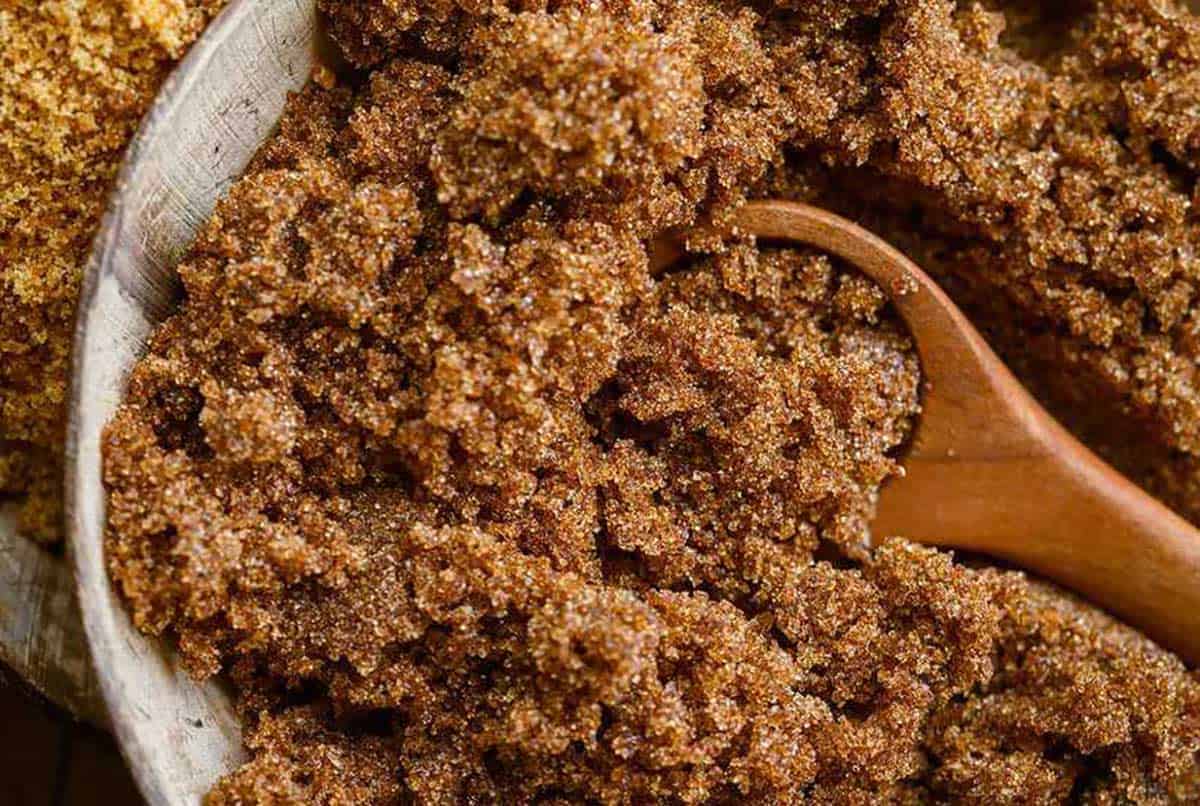
Best Natural Substitutes
If you want a healthier alternative to coconut sugar that's better than regular table sugar or brown sugar, try these excellent options!
2.SUCANAT
Sucanat is a minimally processed raw cane sugar with larger crystals and a light golden color, resembling coconut sugar. It also has a subtle caramel flavor due to its natural molasses content. The coarse texture means it dissolves more slowly. You can use the coarse granules as a topping or process them in a food processor to achieve finer consistencies like table sugar or caster sugar (superfine sugar).
Use it in a 1:1 ratio as a substitute for coconut sugar in any recipe.
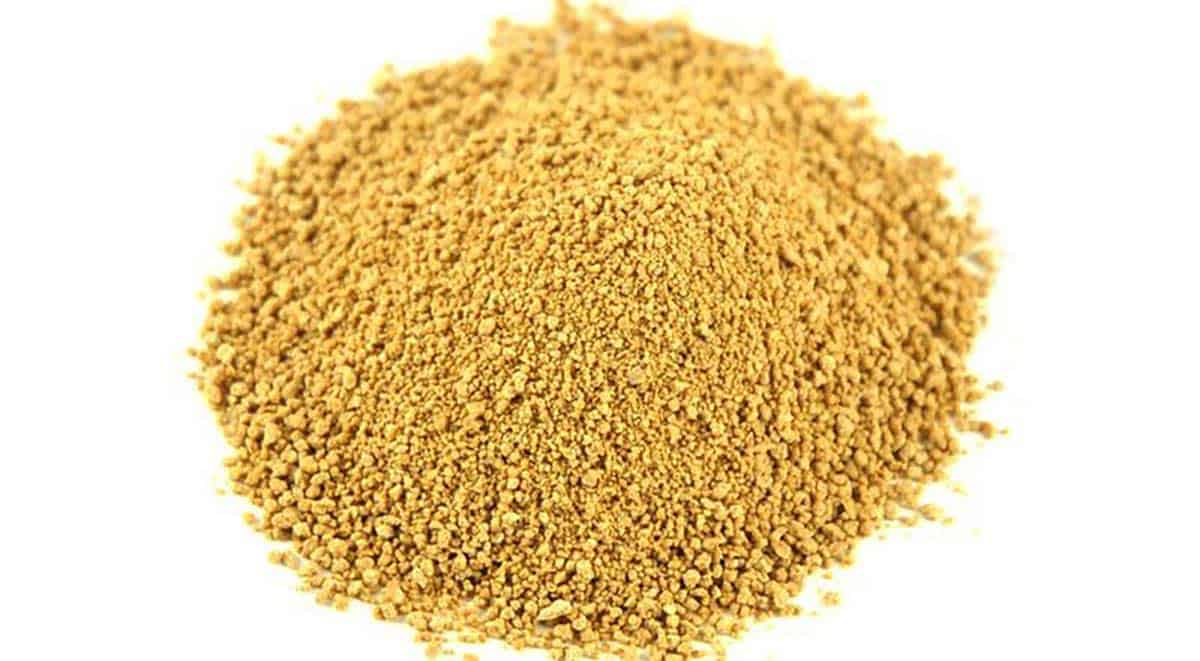
3.RAW HONEY
Another natural sweetener is raw honey, which we highly recommend. Raw honey is honey in its natural form, as found in the beehive or honeycomb. It is extracted, strained, and packaged while retaining its valuable nutrients.
Once honey undergoes commercial processing, including heating, cooling, and skimming, it often loses some of its nutritional value compared to raw honey. Additionally, commercially processed honey may have a less pronounced honey flavor and can contain additives like corn syrup and sweeteners, which alter its taste, texture, and nutritional properties.
When substituting raw honey for coconut sugar, use a 1:4 ratio.
For every 1 cup of coconut sugar, use ¼ cup of raw honey. Please note that when using liquid substitutes, you may need to adjust other liquids in your recipes.
4.MAPLE SYRUP
Maple syrup is the sap extracted from maple trees, boiled down to a thick consistency, and then bottled for our enjoyment. Just like honey, maple syrup is a quick and easy substitute for coconut sugar. It has a distinct maple flavor that adds a delightful sweetness to any recipe.
Make sure to choose pure maple syrup for the substitution, as many commercial brands contain additional ingredients.
To substitute coconut sugar, use a 1:4 ratio of maple syrup.
For every 1 cup of coconut sugar, use ¼ cup of maple syrup.
5.AGAVE SYRUP
Agave syrup, also known as agave nectar or maguey syrup, is a sweetener made from the agave plant. The sap is extracted from the plant and then processed using heat and enzymes.
During commercial processing, traditional Mexican syrup called miel de agave undergoes significant changes and becomes a highly processed syrup, losing most, if not all, of its nutritional benefits.
However, agave syrup has a lower glycemic index compared to other sweeteners because the fructans in the agave sap are converted to fructose during the heating or enzyme process.
Agave syrup is about 1 ½ times sweeter than sugar! When substituting for coconut sugar, use ¼ cup of agave syrup for every 1 cup of coconut sugar required. Please note that when using liquid substitutes, you may need to adjust other liquids in your recipes.
6.MAPLE SUGAR
Maple sugar is simply dehydrated maple sap that has been transformed into granules. The coarse granules resemble coconut sugar but have a distinct maple flavor, which is still quite pleasant, although it doesn't exactly match the light caramel taste of coconut sugar.
Tip: you can even make maple sugar at home! All you need is the actual sap from a sugar maple tree. Boil the sap until it reaches 270ºF (132ºC). At this temperature, the sugar granules will form. Keep stirring until the granules have fully formed.
When substituting coconut sugar, you can use maple sugar in a 1:1 ratio. It works wonderfully as a replacement!
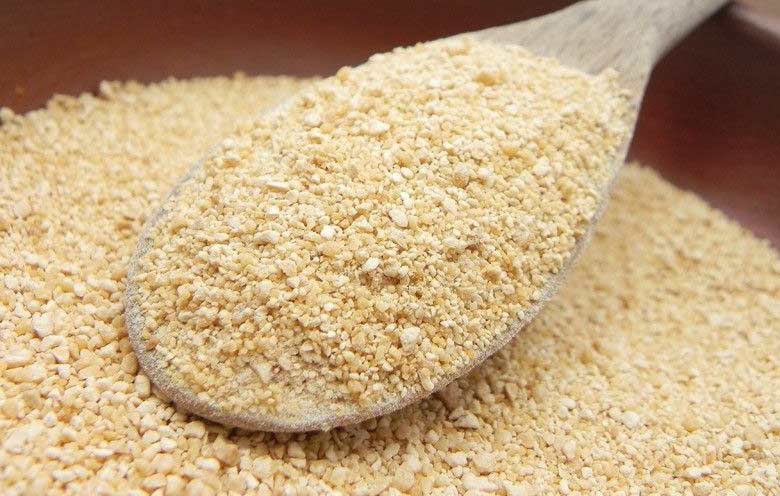
7.DATE SUGAR
Date sugar is a sweet powdered sugar made from finely ground, dehydrated dates. It serves as a natural sweetener and offers a good amount of fiber and minerals, making it a nutritious choice.
Here's a bonus: you can make date sugar at home! we recommend using Medjool dates. Cut each date in half, remove the pits, and discard them. Place the dates on a parchment paper-lined baking sheet and heat them in a dehydrator or a preheated oven at 425ºF (218ºC). Make sure to leave some space between the dates for even heating.
Bake for about 15 minutes, or until the dates feel firm when squeezed. They should not have much give to them.
Once the dates are dried, use a heavy-duty food processor to process them in small batches. Add about 1 teaspoon of cornstarch per 1 pound of dates to prevent clumping. Store the date sugar in an airtight container. It has a mild, sweet flavor.
Use ½ cup of date sugar for each cup of coconut sugar or brown sugar, and ⅔ cup for each cup of granulated sugar. Keep in mind that date sugar doesn't dissolve like other sugars.
8. DATE SYRUP
Date syrup, also known as date honey, is a thick and very sweet fruit syrup. It has a concentrated flavor and sweetness similar to dates themselves.
Since date syrup is highly sweet, you'll need to use less compared to some other liquid sweeteners mentioned before.
Use ⅔ cup of date syrup (adjust according to your preference) as a substitute for 1 cup of coconut sugar.
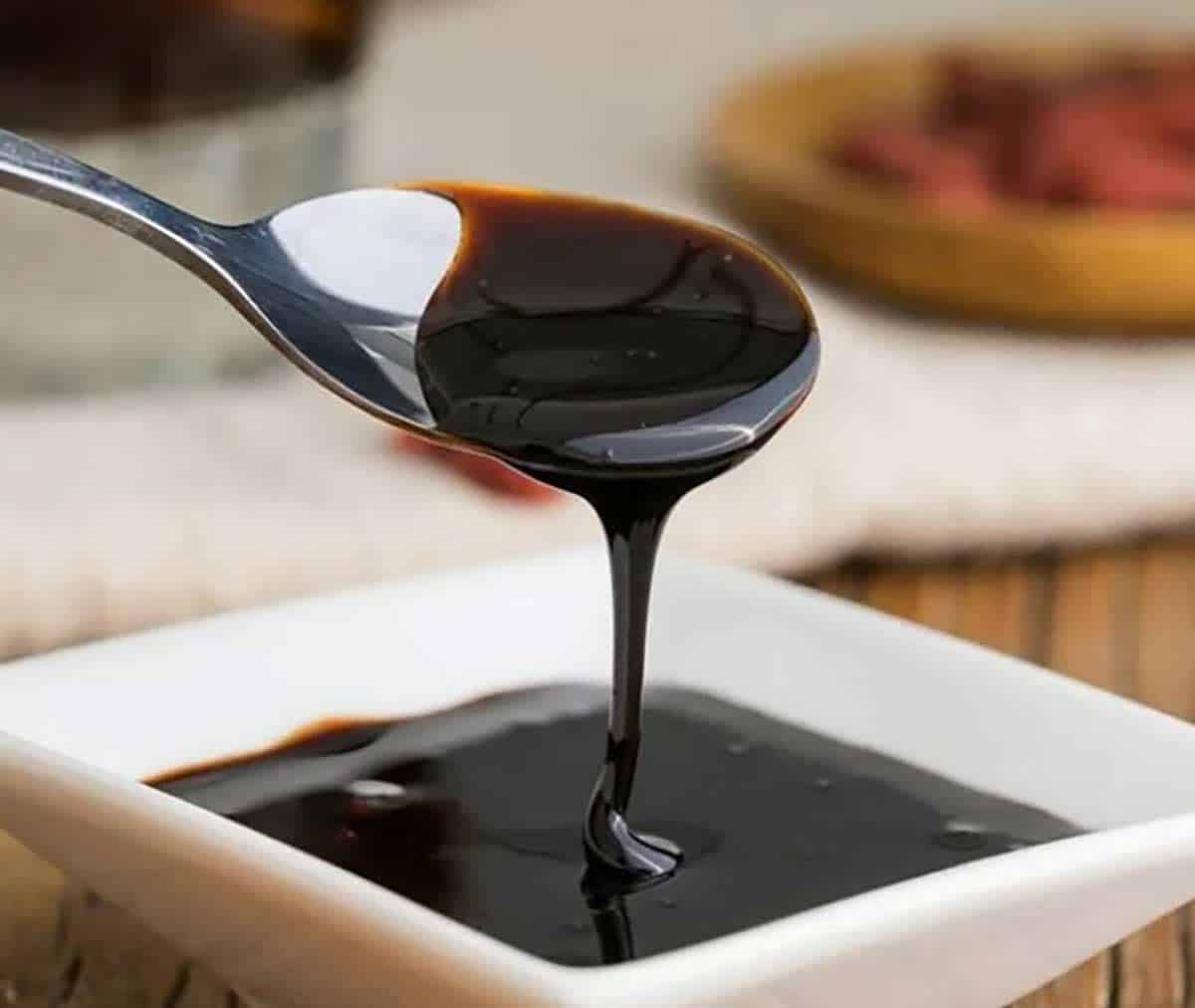
9.DEMERARA SUGAR AND TURBINADO SUGAR
Turbinado sugar and demerara sugar are two types of sugars often referred to interchangeably and known as 'raw sugar'. In the United States, turbinado sugar is more commonly found, while demerara sugar is more popular in Britain. If you find both types at a store, you'll notice that demerara sugar is lighter in color with a golden appearance, and it has a slightly milder taste compared to turbinado sugar.
Both turbinado and demerara sugars are excellent substitutes for coconut sugar, and you can use them in the same amount as coconut sugar in recipes.
10.JAGGERY AND PANELA ( MEXICAN BROWN SUGAR)
Jaggery and panela are two types of cane sugar that are not in granulated form. They are concentrated sugars made from cane juice, date sap, or palm sap. They usually come in a brick-like shape, which is why they are mentioned later in this list.
Jaggery is commonly used in desserts and baked goods in Southeast Asia.
Panela is an unrefined cane sugar that is typically found in Central and Latin America.
To substitute for coconut sugar:
- Use ¾ cup of dark jaggery for 1 cup of coconut sugar.
- Use 1 cup of light jaggery for 1 cup of coconut sugar.
- Use 1 cup of panela for 1 cup of coconut sugar.
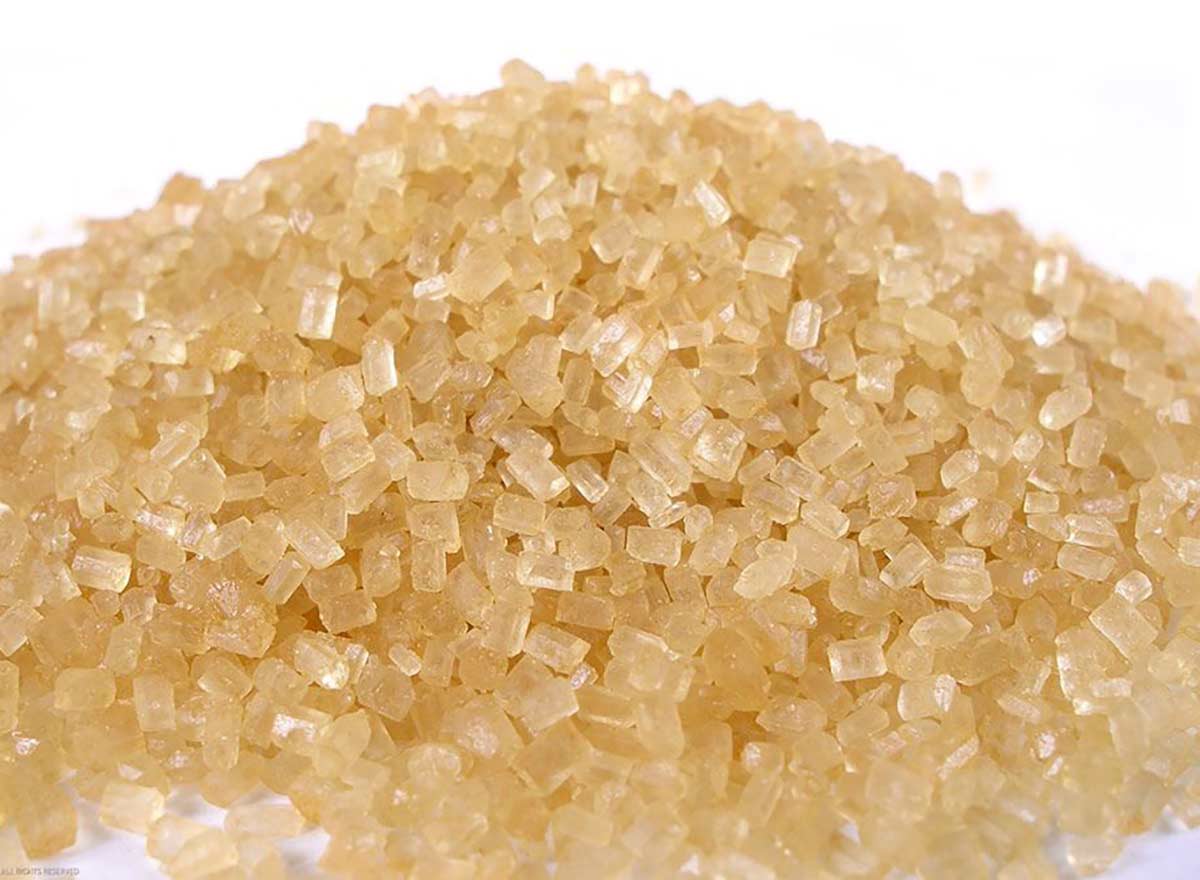
11.PALM SUGAR
Palm sugar and coconut sugar are sometimes mixed up because they share similarities. However, they are actually made from different trees. Coconut sugar is a type of palm sugar, but not all palm sugars are coconut sugars.
Palm sugar is usually obtained from date palms, nipa palms, or sugar palm trees. The process of making palm sugar is similar to that of coconut sugar. However, palm sugar is typically sold as a paste or in larger blocks that need to be grated, rather than in granulated form.
Palm sugar is unrefined and has a distinct taste with caramel and buttery flavors. It has a unique palm flavor that sets it apart.
The reason palm sugar is not ranked higher on the list is because it comes in a paste or requires grating to achieve the same texture as coconut sugar.
Use 1 cup of palm sugar as a substitute for 1 cup of coconut sugar.
BEST LOW-CARB SUBSTITUTES
Here are some low-calorie alternatives to coconut sugar that work well in cooking, sauces, or drinks. However, they may not be the best choice for baking as they have a different texture compared to coconut sugar.
12. STEVIA
Stevia is a sugar substitute made from the leaves of the stevia plant. It is available in powdered or liquid form, and you can find individual packets for convenience.
While it's often mentioned that stevia can be used as a 1:1 replacement for sugar, it's important to note that stevia is twice as sweet as sugar. So, we don't use it in the same amounts!
If you're already familiar with stevia, you may have your preferred ratio for substitutions. If you're new to using stevia, it's best to taste and adjust as you go. Experiment until you find the flavor that's just right for you.
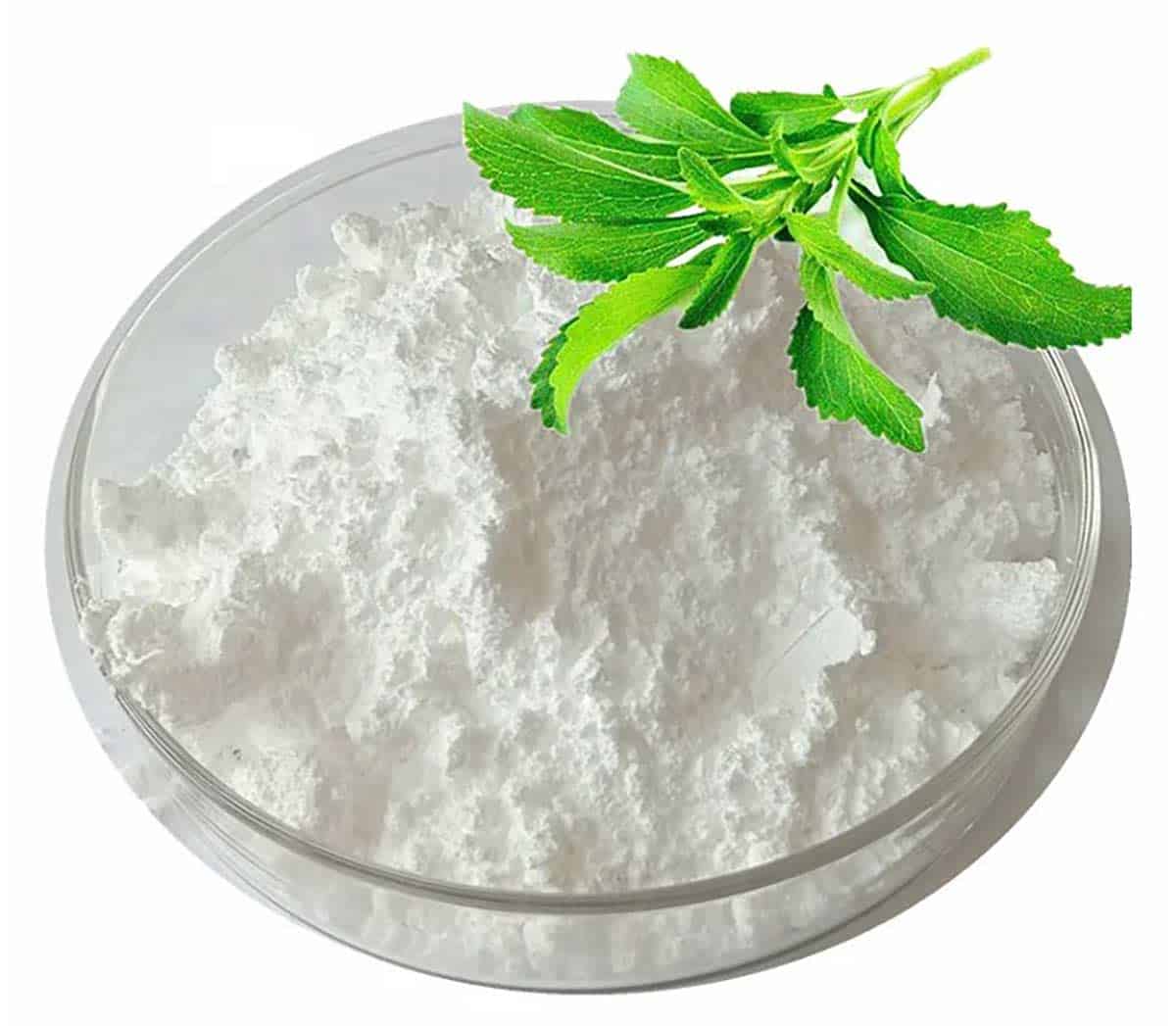
13.XYLITOL
Xylitol is a sugar substitute derived from plants and commonly used in sugar-free gums and candies. It has ⅓ fewer calories than regular sugar and a lower glycemic index. While manufacturers claim a one-to-one ratio with sugar, it is sweeter, so adjust to your taste.
Use 1 cup of xylitol (adjust to taste) as a replacement for 1 cup of coconut sugar.
14. MONK FRUIT
Monk fruit sweetener is a popular sugar substitute that many brands claim can be used in baking and cooking just like regular sugar. It's incredibly sweet, 250 times sweeter than sugar, but has zero calories.
Just like with stevia, you can use a one-to-one ratio, but adjust according to your taste preferences.
Replace 1 cup of coconut sugar with 1 cup of monk fruit sweetener (adjust to taste) in your recipes.
15.TAGATOSE
Tagatose is a natural sugar found in foods like dairy products and cacao. It's become popular as a keto-friendly substitute for regular sugar. One of the great things about tagatose is that it doesn't raise blood sugar levels and is low in calories. It tastes similar to sugar, making it a favorite for those who want to manage their weight and stay healthy.
For 1 cup of coconut sugar, you can use the same amount of tagatose as a substitute.
16.ERYTHRITOL
Erythritol is a sugar substitute that is about 70% as sweet as sugar. It's often combined with other sweeteners to create low-carb options for baking.
You can use coconut sugar instead of erythritol and vice versa, but not in equal amounts. To replace 1 cup of coconut sugar, use 1 ⅓ cups of erythritol (in a 4:3 ratio). Just remember that adding more dry sweetener may affect the texture of your recipe.
17.ALLULOSE
Allulose is a sugar substitute that is not as sweet as table sugar, only about 70 percent as sweet. To achieve the desired sweetness, you may need to use more allulose or combine it with another sugar or sweetener.
Allulose is a natural sugar found in fruits like figs and jackfruit. It's often used as a sugar replacement because it has a flavor very similar to table sugar. However, be cautious with your consumption as high amounts of allulose can cause digestive issues like diarrhea, bloating, and stomach pain.
Whole Foods Substitute
These alternatives are ideal for cooking, sauces, or when combined with other ingredients.
18. MEDJOOL DATES
Medjool dates are a great replacement for coconut sugar in smoothies, milkshakes, sauces, or crusts. They work well in recipes that require blending.
Use 1 cup of pureed dates for every 1 cup of coconut sugar.
The Best Low Glycemic Substitute
19.SWERVE BROWN SUGAR
Swerve is a sugar substitute that became popular with the rise of the Keto diet. It's a favorite among people following this low-carb and non-glycemic eating plan. Unlike other sweeteners like stevia or monk fruit, Swerve is made from erythritol, a sugar alcohol. The best part is, it claims to have no strange aftertaste.
Swerve offers a range of products, including brown sugar and granulated sugar alternatives. The brown sugar version is particularly suitable if you're looking for a non-glycemic or low glycemic option instead of coconut sugar.
The great thing about Swerve is that it measures the same as coconut sugar, so you can easily use it in both baking and cooking. Just remember, for every cup of coconut sugar in your recipe, use one cup of Swerve brown sugar (lightly spooned, not packed).
Give Swerve a try if you're looking for a sugar substitute that fits your dietary needs without compromising on taste!
Coconut Sugar FAQ
Light brown sugar has a taste and sweetness level that is similar (but not exactly the same) to coconut sugar. It can be either unrefined or refined. Brown sugar found in stores is made by combining granulated sugar with molasses.
Coconut sugar is a natural sweetener derived from the blossoms of the coconut palm tree. Unlike brown sugar, it is unrefined or undergoes minimal refining.
Although coconuts and palm trees are related, coconut sugar and palm sugar are actually distinct types of sugars.
Certain types of coconut sugar may have a lower glycemic index, which means they cause a slower increase in blood sugar levels compared to refined sugars. However, the glycemic index can vary among brands and individuals, as each person processes sugar differently.
MORE GREAT SUBSTITUTES
Best Substitutes For Onion Powder
11 Best Chicken Stock Concentrate Substitutes
The Best Substitutes For Milk in Mac and Cheese
The Best Rice Syrup Substitutes


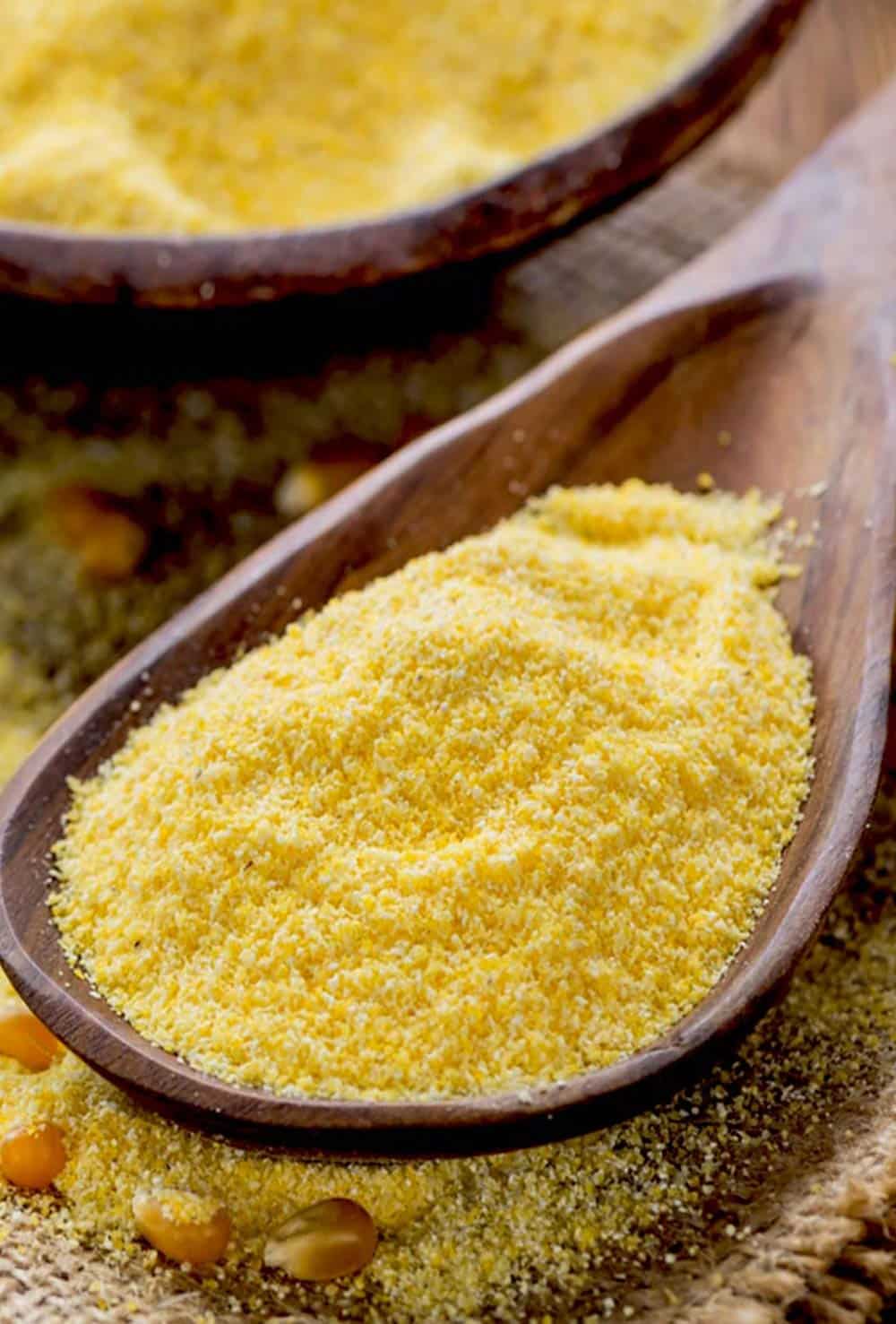
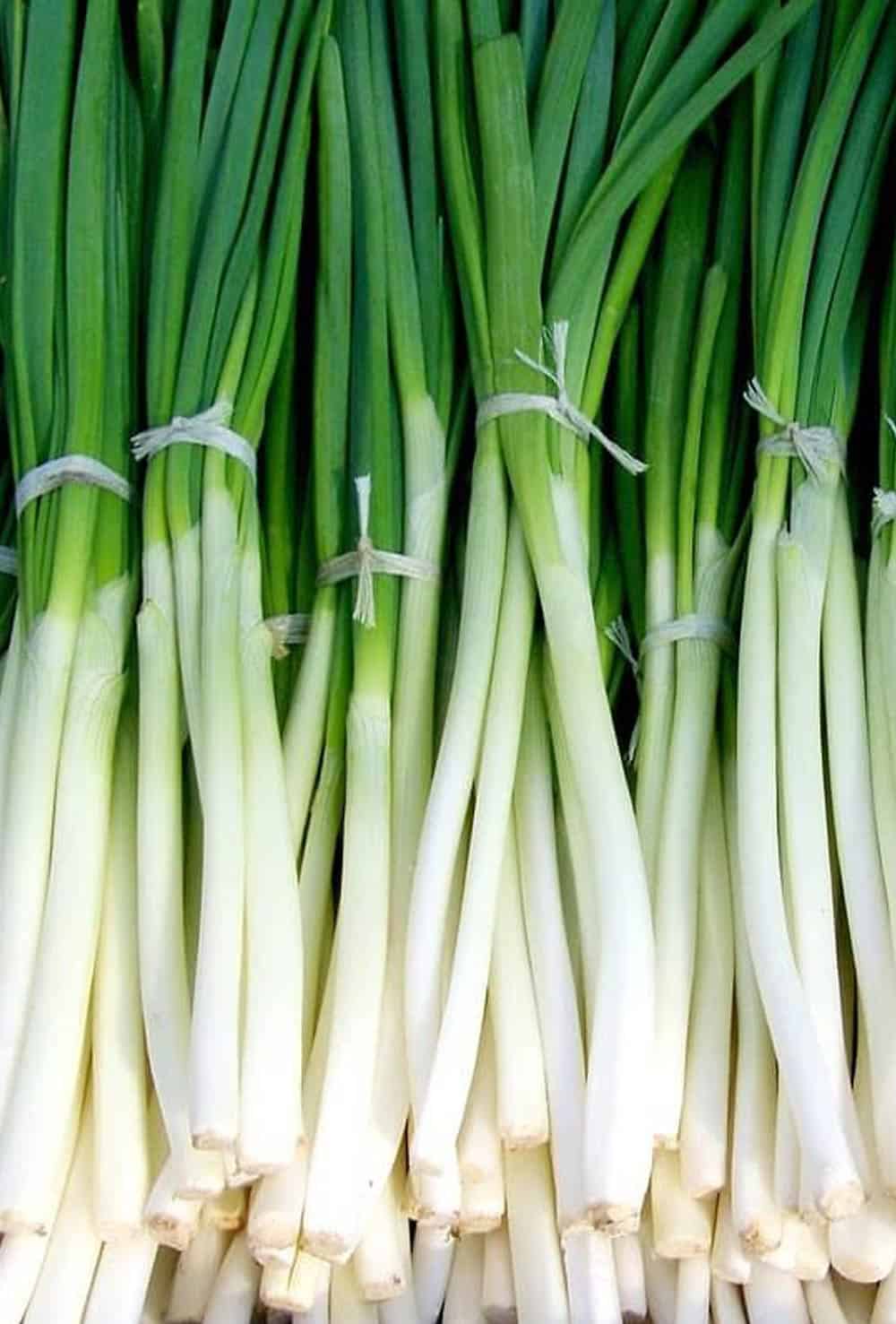
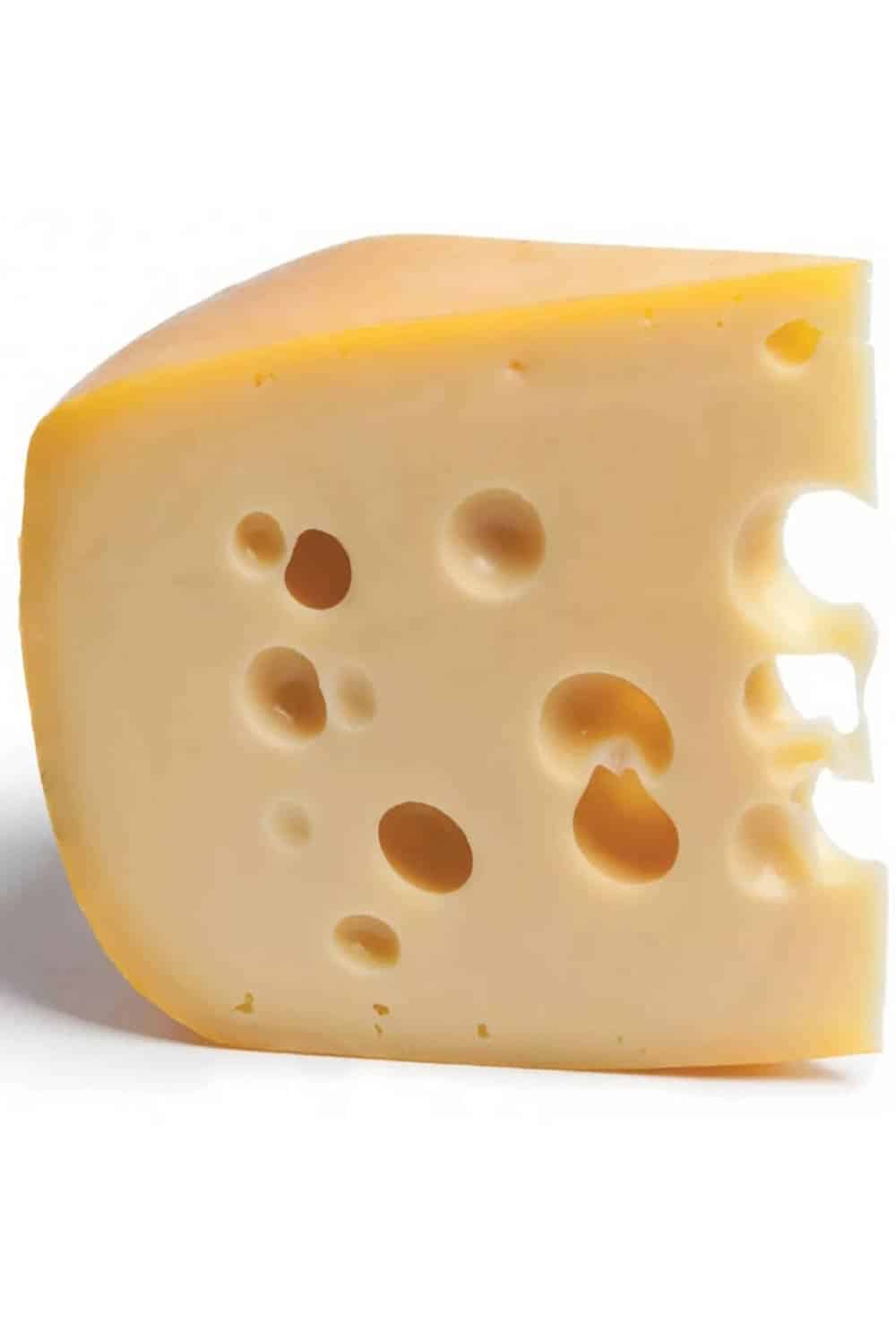
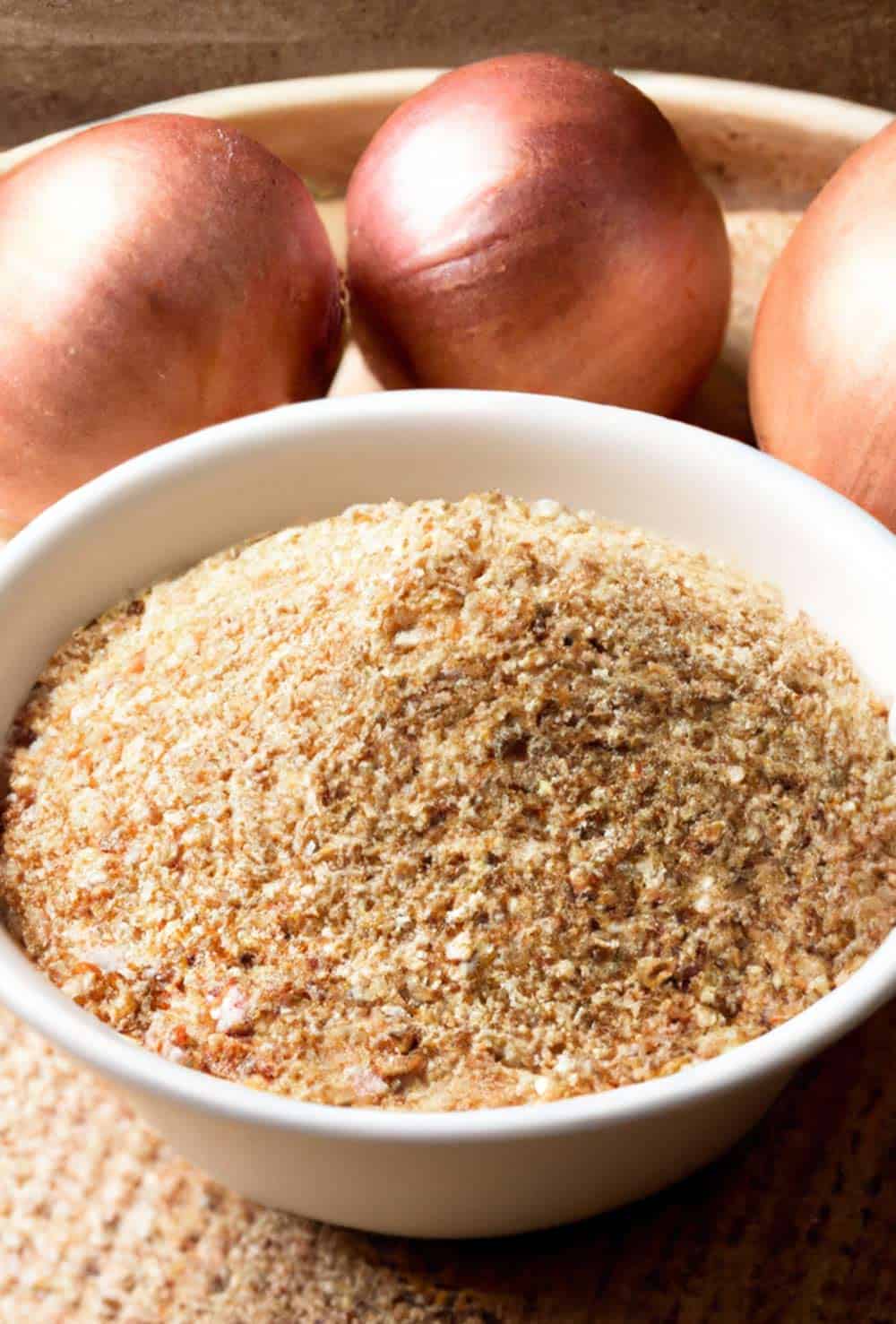
Leave a Reply